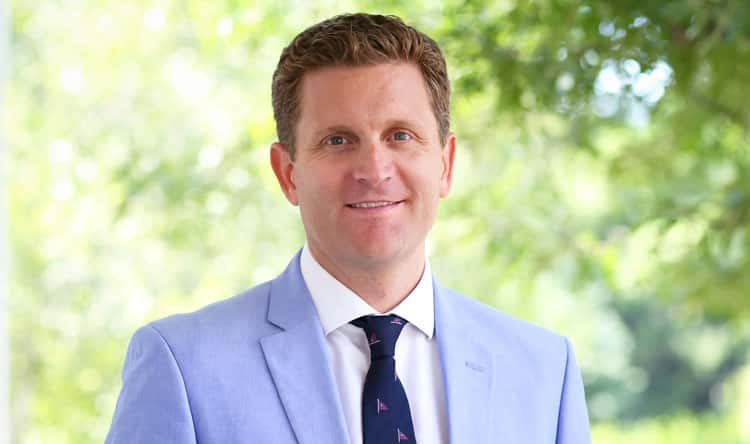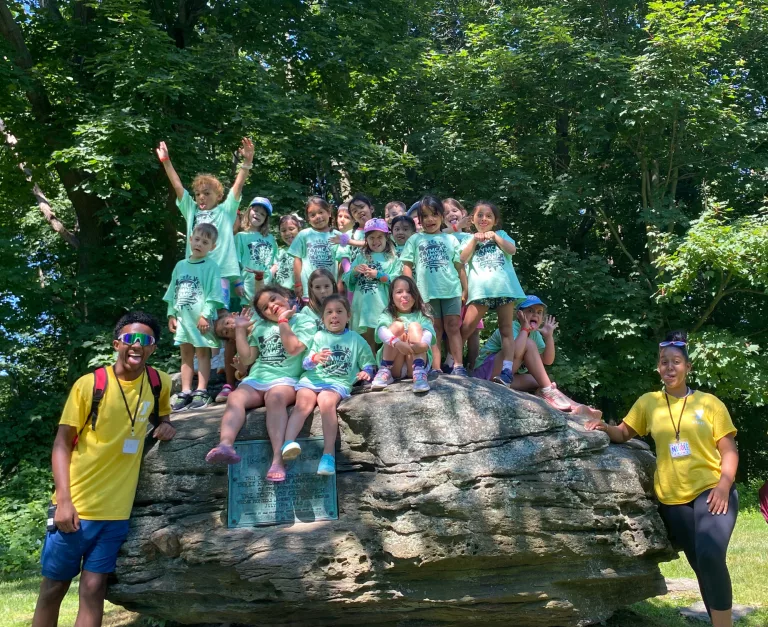

By Rev. Dr. Nathan Hart
I was a teenager when I learned that I am the descendant of a slave owner.
I was sitting in my grandparents’ three-story house in Grand Ledge, Michigan, a couple days after my grandpa died. He was a Southern Baptist minister who had moved north. My grandparents’ house smelled like a combination church, library and museum, every wall was lined with bookshelves full of old Theology and History books, and every end table held an historical knick-knack.
My sister and I were sifting among those artifacts when she handed me a piece of paper, yellowed by age, containing a long list of first names: Cyrus, Hannah, George. There were ninety-nine names. Emmanuel, Lydia. These names, these people, were included in Captain Thomas E. Hart’s lists of “properties,” alongside land acreage and farm equipment. You can still tour the gardens surrounding the Thomas E. Hart House in Hartsville, South Carolina.
I read the names slowly… Jacob… This slave owner was a member of my own family? I tried to count the number of generations between me and Thomas Hart. I think it was around five; he was my great great grandfather. Suddenly, the pages of my school textbooks—Chapter Nine: Slavery in America—came crashing into my reality. Bessy, Toddler. I am the direct descendant of a slave master.
I have a lot of questions for my great great grandfather. Did he view his slaves as fully human, created in the image of God? Maybe I’ll find out if I meet him in heaven, which brings up a question that Theology and History books have a hard time answering: Is there a place in heaven for people like Thomas E. Hart? Is owning slaves a forgivable sin?
John Newton thought so. He’s the Englishman who in 1779 wrote the hymn Amazing Grace:
Amazing grace!
how sweet the sound
That saved a wretch like me
I once was lost,
but now am found
Was blind but now I see
Newton had made his fortune managing slave ships that sailed between Africa and the west. But that is only part of his story. On March 10, 1748, he met his Savior, Jesus Christ, and gave his life to him. He renounced cussing and alcohol, and eventually slave trading, too. He became a leading figure in the abolitionist movement in England.
Newton believed that there is no sin too horrible for the grace of God to forgive. He believed a wretch like him could be redeemed and given a new purpose for redeeming others.
I don’t know if Thomas Hart had a similar transformation. I do know that in the economic downturn of the late 1830s, he lost his fortune and had to sell off his acres and his slaves. He died poor and, by some accounts, miserable.
It would be easy to hear about his demise and say, “Serves him right.” But I’m wondering if instead we might take a cue from John Newton and say, “His wretched sin is forgiven.” I realize that this might appear out of step with our current cultural trend to condemn our ancestors in an effort to avoid repeating their mistakes. I understand that impulse, especially when we see injustices occurring in our time. But, if we believe in a God who forgives the vilest of sinners, why do we keep condemning them? We can denounce the evils of the past and decry the injustices of the present, even while forgiving the people who commit those evils. I know it seems counterintuitive, but perhaps forgiveness, not condemnation, is the first step toward healing in our nation.
Another step is action. Amazingly and disturbingly, slavery still exists. As a direct descendant of a slave owner, I am called to help set the captives free. I support organizations like the International Justice Mission (IJM) and the Partnership to End Human Trafficking (PEHT), the latter of which was birthed right here in Greenwich by some brave women I admire greatly. Both organizations work every day to combat the modern slave trade and heal the wounds of those who are set free.
Forgiveness and action. They require more effort than condemnation and inaction. Our world doesn’t need another person to condemn the past and not do anything about it. Our world needs healing. In memory of my great great grandfather and the ninety-nine souls he enslaved, all of whom may now be enjoying the ultimate healing of heaven, I choose forgiveness and action.
Rev. Dr. Nathan Hart is the Senior Pastor at Stanwich Church. Nathan grew up in Holland, Michigan, where he attended Hope College. He later received his Masters from Princeton Theological Seminary and his Doctorate from Gordon-Conwell Theological Seminary. He was serving in New York City before being called to Stanwich in 2011 and was elected as Senior Pastor in 2018.





